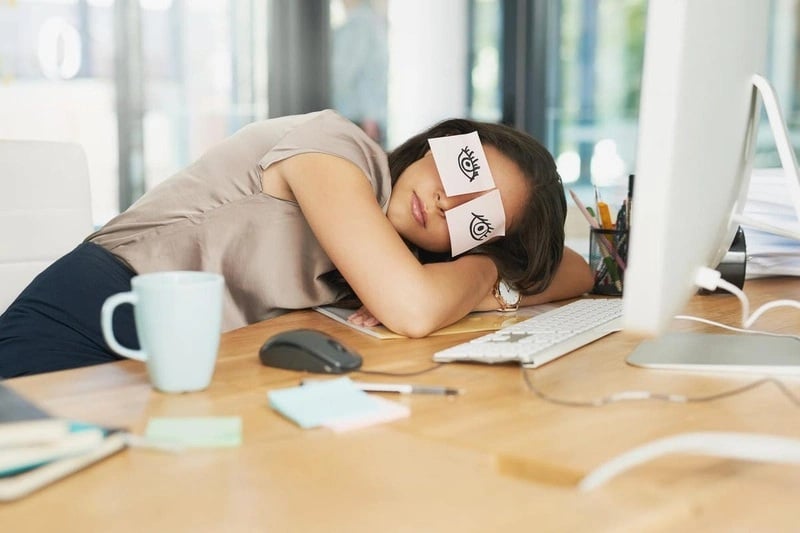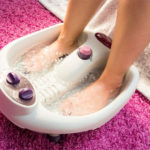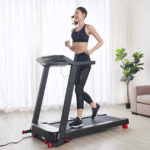Don’t Go to Bed Right After Eating

After a meal, our gut and stomach are in the process of digesting food.
If we go to bed right after eating, the digestion process in the stomach will be affected, thereby increasing the burden on the stomach and intestines and causing significant damage to the gastric mucosa.
Food digestion typically takes 30-60 minutes. If you fall asleep immediately, you may inadvertently harm your body. Therefore, it’s advisable to wait for about 15-20 minutes after a meal before taking that afternoon nap!
Sleeping for Too Long
The duration of an afternoon nap shouldn’t be too long. Many people stay up late, and their daytime napping is not reasonably controlled, sometimes taking up to 4-5 hours to fall asleep. Such individuals’ sleep patterns are disrupted, with days and nights turned around, which can harm their health and reduce the quality of their nighttime sleep, preventing them from reaching deep sleep.
Therefore, short daytime naps need to be reasonably controlled in terms of duration. Avoid sleeping for too long; generally, try to limit your afternoon nap to 20-30 minutes. This way, you’ll refresh your mind without affecting your nighttime sleep due to an extended afternoon nap.
Sleeping While Sitting Up
Many people who work in offices are accustomed to sleeping at their desks during lunch breaks. This habit inadvertently slows down your heart rate when you sleep sitting up, increasing your blood volume and relatively slowing down your blood circulation. It can cause dizziness and blurred vision upon waking. Elderly individuals and those with impaired heart function should be especially cautious.
Additionally, many people have the habit of resting their head on their arms on the desk. In reality, this habit is not good at all. If this occurs frequently, it can easily cause symptoms such as dizziness and blurred vision. If this situation persists for an extended period, it can lead to spinal deformities and a stiff neck.
Sleeping on Your Stomach
Sleeping on your desk with your stomach down is a very incorrect sleeping posture, and when you wake up, you’ll feel numbness in your upper body. Related studies have shown that sleeping on your stomach slows down your heart rate, dilates your blood vessels, and after waking up, you’ll feel not only dizzy and dizzy but also have pale skin.

Sleeping on your stomach will compress the eyeball, causing temporary blurred vision, increasing intraocular pressure over time, and affecting vision.
How Long Should an Afternoon Nap Be?
Researchers from Guangzhou Medical University conducted a study analyzing over 20 datasets from 310,000 subjects. Among them, 39% had the habit of napping. The analysis revealed differences between nappers and non-nappers, as well as between those who took long and short naps.
Napping for >60 minutes was associated with a 30% increased risk of death from all causes and a 34% increased risk of cardiovascular disease. Napping for <60 minutes did not increase the risk of cardiovascular disease. Napping for about 45 minutes can improve nighttime sleep deprivation and cardiovascular health.
7 Tips for Utilizing a Foot Bath
Soaking your feet in a foot bath can provide you with many nourishing and therapeutic benefits. To get the most out of this practice, it is important to be aware of proper technique and troubleshoot any potential issues. This article looks deeper into the benefits of a foot bath and what to do when obstacles arise.




































